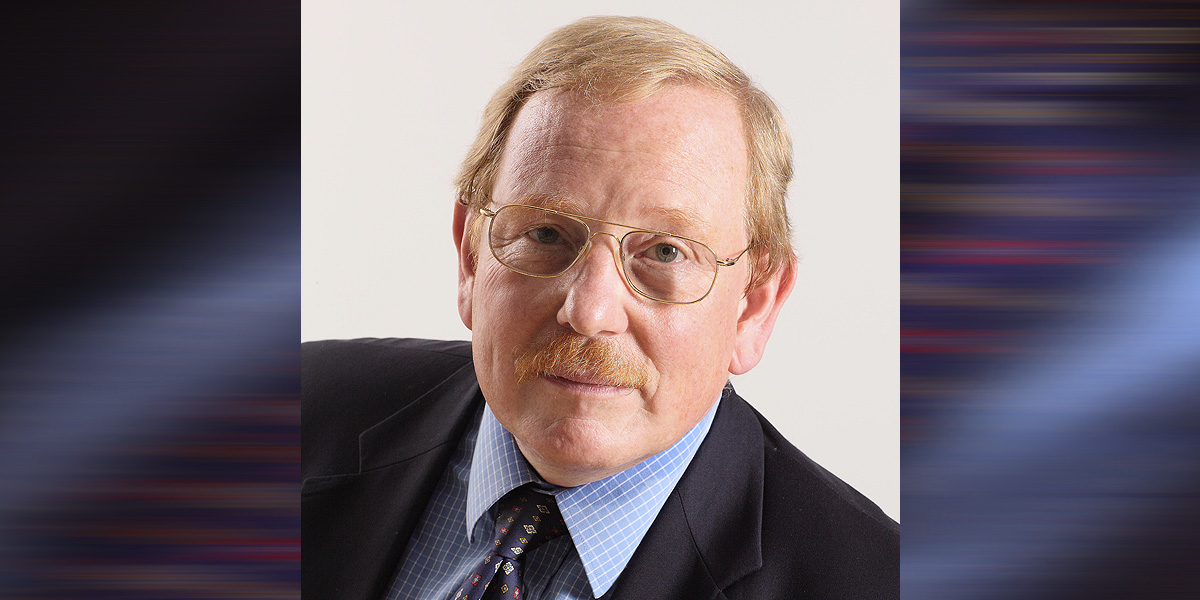|
The UMD Departments of Astronomy and Physics invite you to a colloquium on
"Experimental Studies of Black Holes: Status & Prospects"
with
Reinhard Genzel
2020 Nobel Laureate in Physics
Max Planck Institute for Extraterrestrial Physics
University of California, Berkeley
Tuesday, September 10, 2024
2:30 p.m. Light Refreshments
3 p.m. Lecture
John S. Toll Physics Building
Room 1410
University of Maryland
Parking is available for a fee in the visitor parking area on the roof of Regents Drive Garage. Additionally, the free #104 ShuttleUM bus runs between the College Park Metro Station and Regents Drive at about 15-minute intervals.
If you have a question about this event, including disability accommodations, please contact Andrew Harris at aharris1@umd.edu or 301-405-7531.
About the Lecture
More than a century ago, Albert Einstein presented his general theory of gravitation. One of the predictions of this theory is that not only particles and objects with mass, but also the quanta of light, photons, are tied to the curvature of space-time, and thus to gravity. There must be a critical mass density, above which photons cannot escape. These are black holes. It took 50 years before possible candidate objects were identified by observational astronomy. Another 50 years passed until we can finally present detailed and credible experimental evidence that black holes of 10 to 1010 times the mass of the sun exist in the universe. Three very different experimental techniques have enabled these critical experimental breakthroughs. It has become possible to investigate the space-time structure in the vicinity of the event horizons of black holes. I will summarize these interferometric techniques and discuss the spectacular recent improvements achieved with all three techniques. In conclusion, I will sketch where the path of exploration and inquiry may lead in the next decades.
About the Speaker
Reinhard Genzel, born 1952 in Bad Homburg v. d. H., Germany, is one of the directors of the Max Planck Institute for Extraterrestrial Physics, a professor in the Graduate School of the University of California, Berkeley, and an honorary professor at the Ludwig Maximilian University, Munich. He is a scientific member of the Max Planck Society and a member of the U.S. National Academy of Sciences.
His research interests include astrophysics of galactic nuclei; star formation; kinematics and cosmic evolution of galaxies; massive black holes; and experimental infrared, submillimeter and millimeter astronomy.
He has received numerous honors and awards, including the Shaw Prize from The Shaw Prize Foundation and the Crafoord Prize in Astronomy. In 2020, he received the Nobel Prize in Physics, jointly with Andrea Ghez, for the discovery of a supermassive compact object at the center of our galaxy. |





